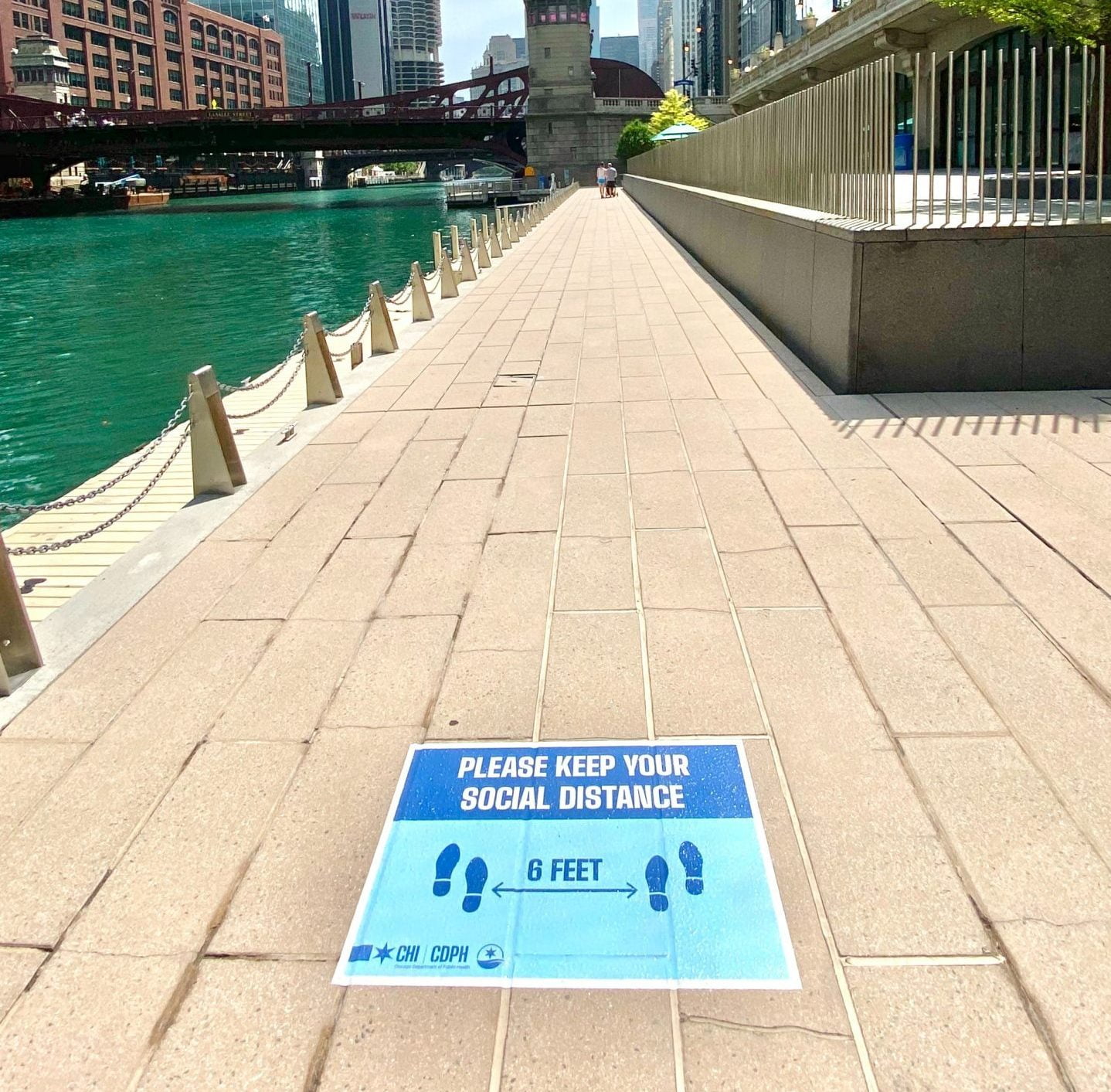What is a Lawful and Reasonable Direction in the Context of COVID-19?
| COVID-19 has resulted in several changes being made to working arrangements and structures. Many workplaces have seen the introduction of temperature testing, as well as socially-distanced workspaces. In addition, many employees have been directed to work from home, to work for alternative hours and/or to be tested for COVID-19 or provide medical information to confirm that they are fit to continue working. This raises the query of what a lawful and reasonable direction is in the context of COVID-19, and the legal capacity of employers to direct employees to undertake these actions. What is a Lawful and Reasonable Direction? Firstly, it ought to be noted that ‘lawful’ and ‘reasonable’ are two separate requirements, but they work conjunctively. Employees are generally obliged to follow lawful and reasonable directions from their employers. Whether a direction is ‘lawful’ depends on if there is any legislation or industrial regulations/codes that enable or prevent an employer from directing an employee to do something. Whether a direction is ‘reasonable’ depends on various considerations, including:
Lawful and reasonable directions can apply to a range of tasks within the scope of the employment. It could be directly related to the employment contract, such as the employee performing a duty as part of their employment. It could also be ancillary, or incidental to their employment, such as being directed to undergo a medical test to ensure that they can perform the requirements of the role. Can an Employee Refuse to Follow a Lawful and Reasonable Direction? This largely depends on the individual circumstances of the case, and whether it is reasonable for the employee to refuse to follow a lawful and reasonable direction. |  |
However, if the direction is lawful and reasonable in all the circumstances, and an employee refuses to comply, the employer may have the right to take disciplinary action against the employee. This can range from less serious actions, such as issuing a warning, to more serious, such as dismissal. Regardless of the action that an employer chooses to take, they must ensure that they follow due processes and afford fairness.
In the context of COVID-19, there have been questions as to what are lawful and reasonable directions that can be made by employers. This was explored in the recent case of Kieran Knight v One Key Resources (Mining) Pty Ltd T/A One Key Resources [2020] FWC 3324.
The Facts
Mr Knight, an employee of One Key Resources, was required by his employer in March 2020 to complete a survey regarding his travel history and future travel plans. The following information was requested:
- Employee’s name;
- Travel history from February to March in relation to 10 countries that were moderate-high risk for COVID-19; and
- Travel plans for the upcoming six months, including destinations and dates.
Mr Knight refused to complete the survey as he claimed that it breached his privacy, and he was dismissed for not following a lawful and reasonable direction. He then filed an unfair dismissal claim.
Findings of the Fair Work Commission
The Fair Work Commission (FWC) held that the information required by the survey was not sensitive or protected by Australian privacy laws. Furthermore, the employer’s purpose of conducting the survey was to protect the organisation and its employees from the risk of COVID-19, and the negative effects that would flow from this. It was also fulfilling its obligations under Queensland’s Work Health and Safety Act. Therefore, given that Mr Knight had repeatedly refused to complete the survey, and was unlikely to change his mind regarding this, the dismissal was valid.
Is an Employer Permitted to Direct an Employee to be Tested for COVID-19?
Victoria has seen a significant rise in COVID-19 cases in the past several weeks, and this heightens the need to take extra precautions, particularly in workplaces. In this vein, it is likely that it would be lawful and reasonable for an employer to direct an employee to be tested for COVID-19 before they are allowed to attend work. Not only will this ensure that the employee is fit to carry out the duties under their employment contract, but this will also ensure that the safety and health of other employees is prioritised. If an employee refuses to undergo testing, then depending on the circumstances, they may incur disciplinary action for refusing to follow a lawful and reasonable direction.
Employers should therefore keep in mind that in the context of COVID-19, it will likely be lawful and reasonable for them to direct their employees to be tested and provide medical clearance. However, employers should also be careful that any direction is not unreasonable in the circumstances, and that they do not take disciplinary action arbitrarily.
Privacy Obligations
Particularly in the COVID-19 context, employers may be required to collect personal or sensitive information regarding medical history. In this way, it is important that employers comply with privacy obligations and legislation, as well the Occupational Health and Safety Act 2004.
JobKeeper Enabling Directions
In the context of COVID-19, it is also lawful and reasonable for employers to issue ‘JobKeeper Enabling Directions’. If employers are eligible for the JobKeeper scheme, they may issue this direction to employees who will receive the JobKeeper payment.
Some examples of lawful and reasonable directions to employees in this context include:
- Reducing hours or days of work, taking into account the individual circumstances of the employee (also known as the ‘JobKeeper Stand Down Enabling Direction’);
- Changing the location of work (including to the employee’s home); and
- Performing any duties that the employee is qualified to perform, as long as the duties are safe.
Therefore, if an employee fails to comply with a JobKeeper Enabling Direction without a valid reason, the employer may have the right to issue disciplinary proceedings for refusing to comply with a lawful and reasonable direction.
Key Takeaways
- Given the dangers to the workplace posed by COVID-19, employers may be permitted to request employees to be tested, or to complete surveys regarding travel history.
- Employers may also direct employees to work in a different way or for different hours.
If you have questions about lawful and reasonable directions, get in touch Lord Commercial Lawyer’s employment lawyers on (03) 9600 0162 or email us at info@lordlaw.com.au or fill out the form on this page.




















